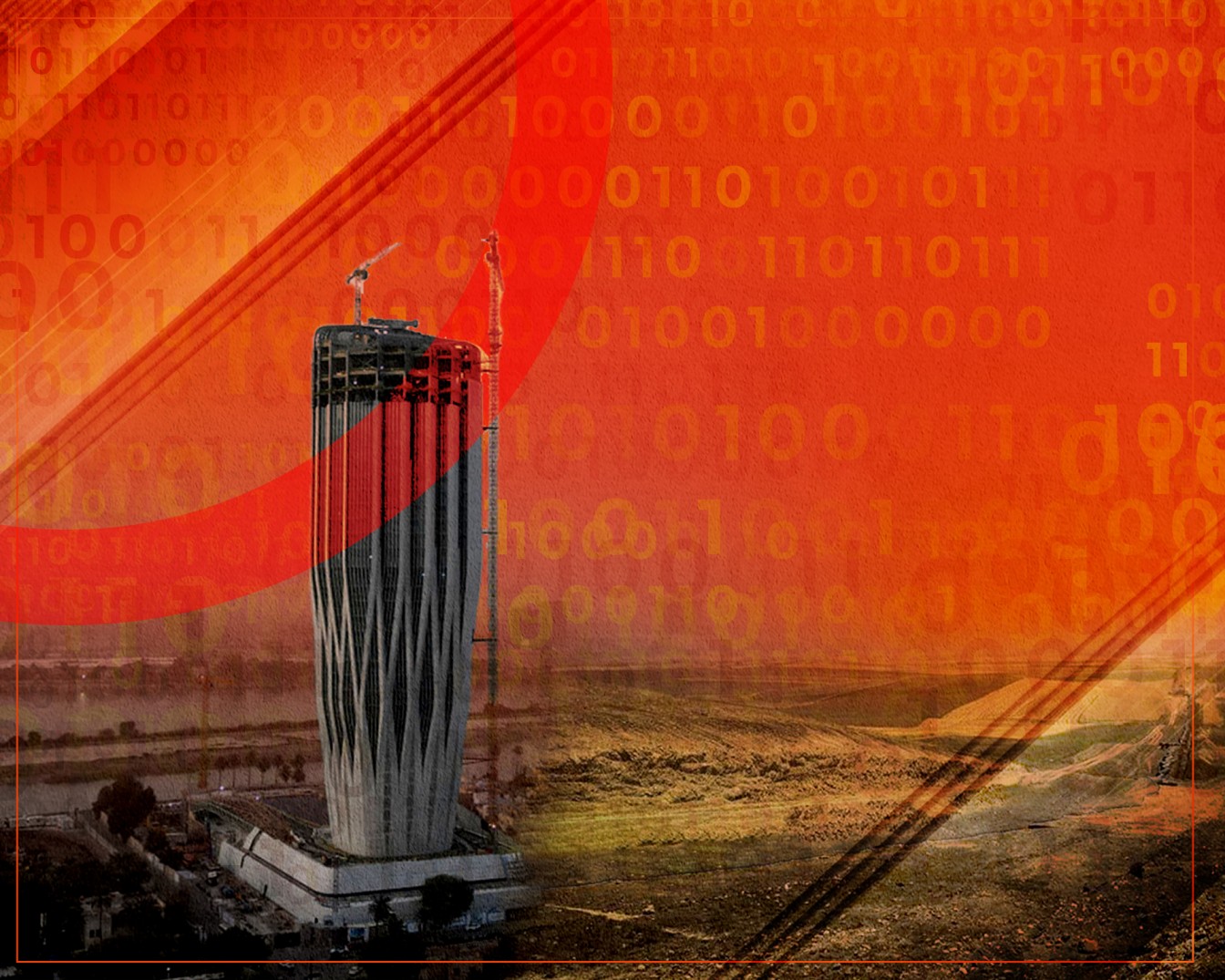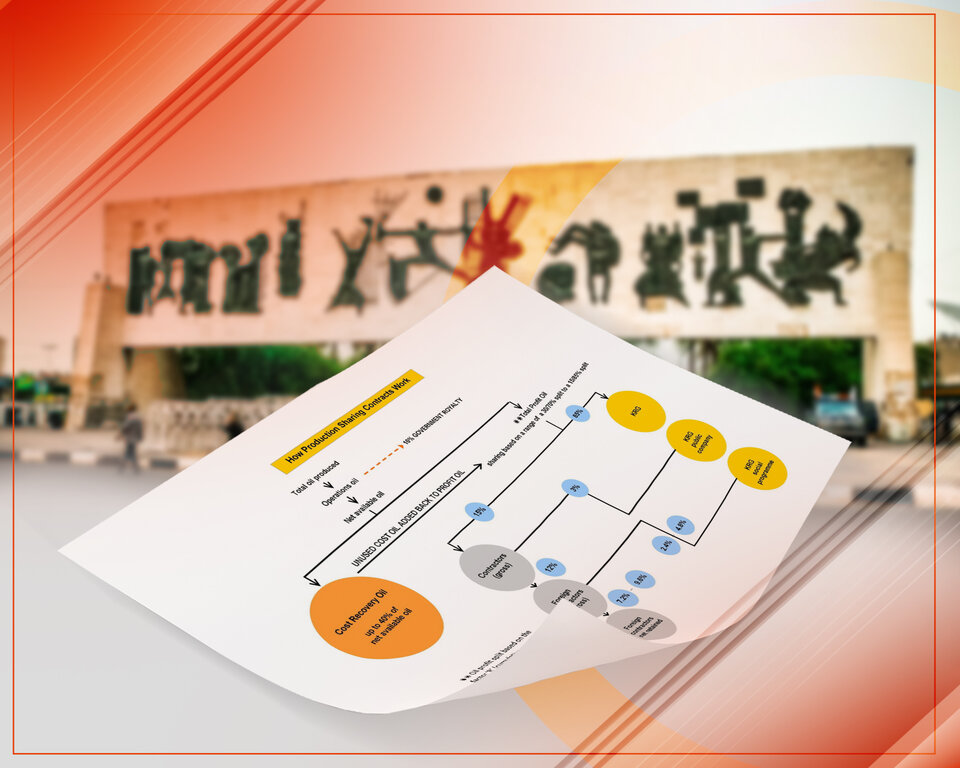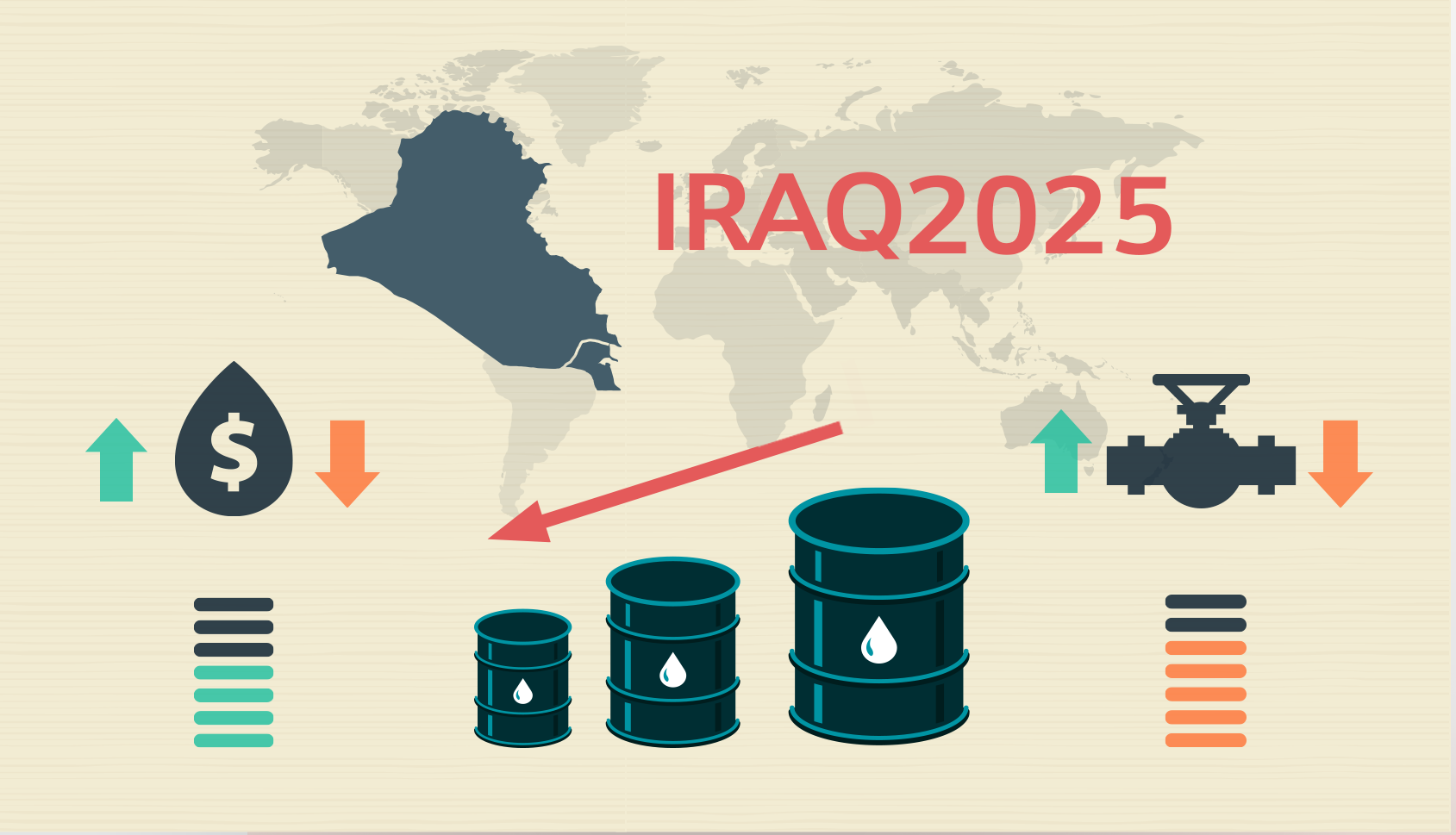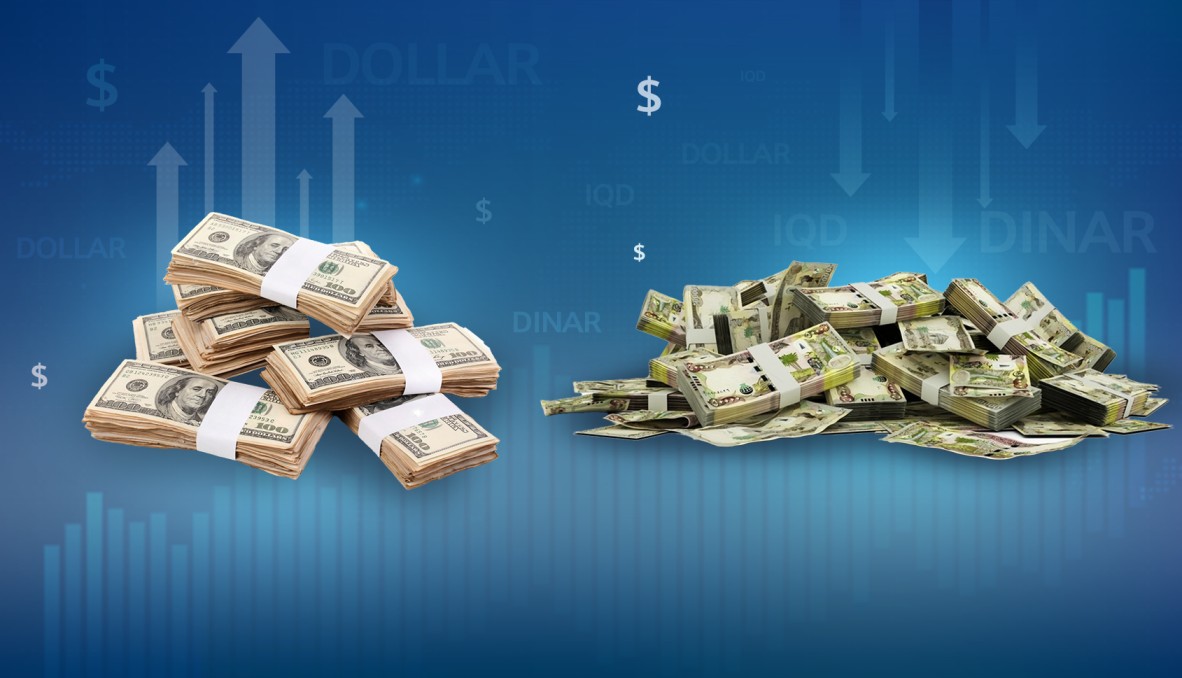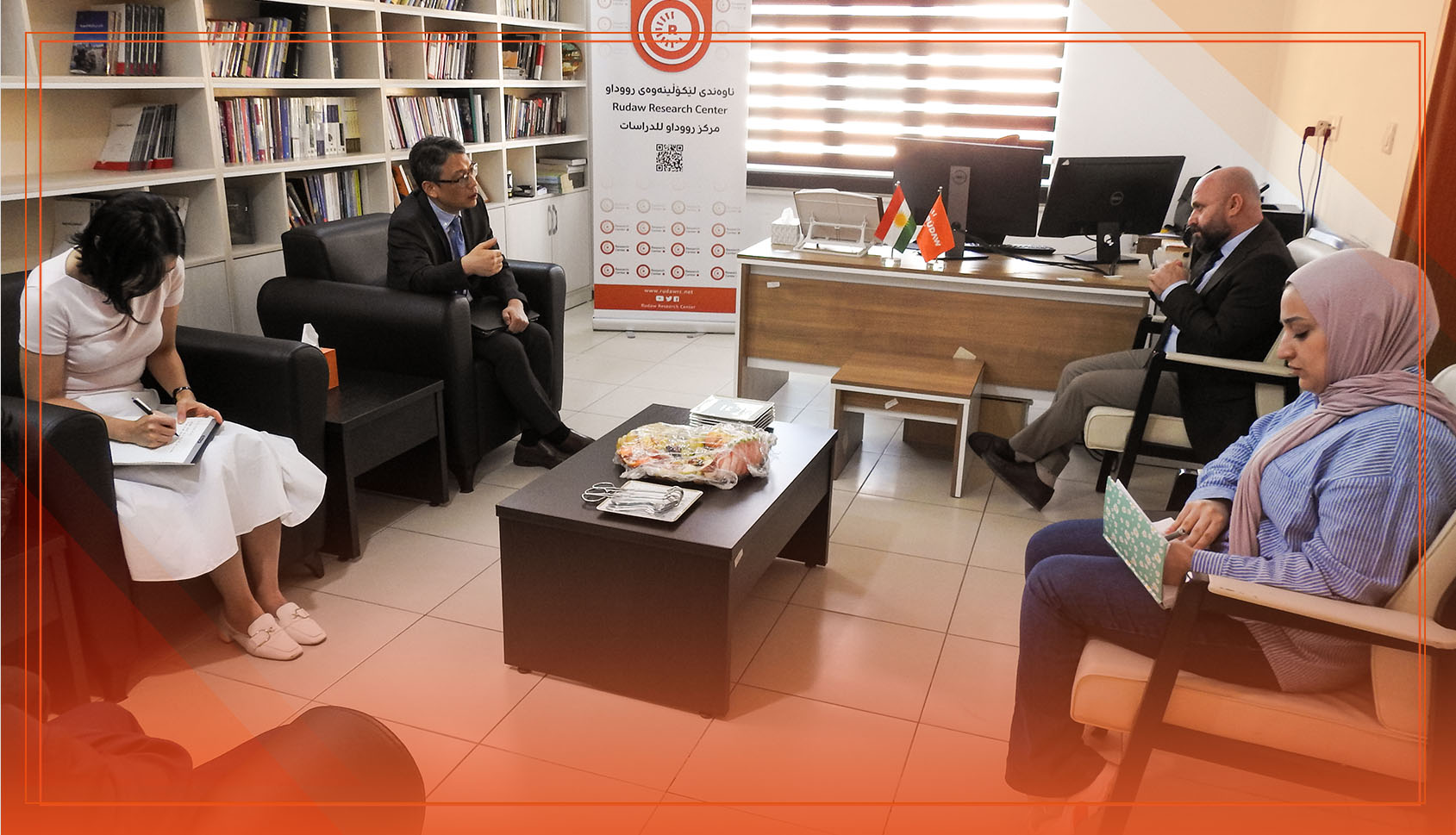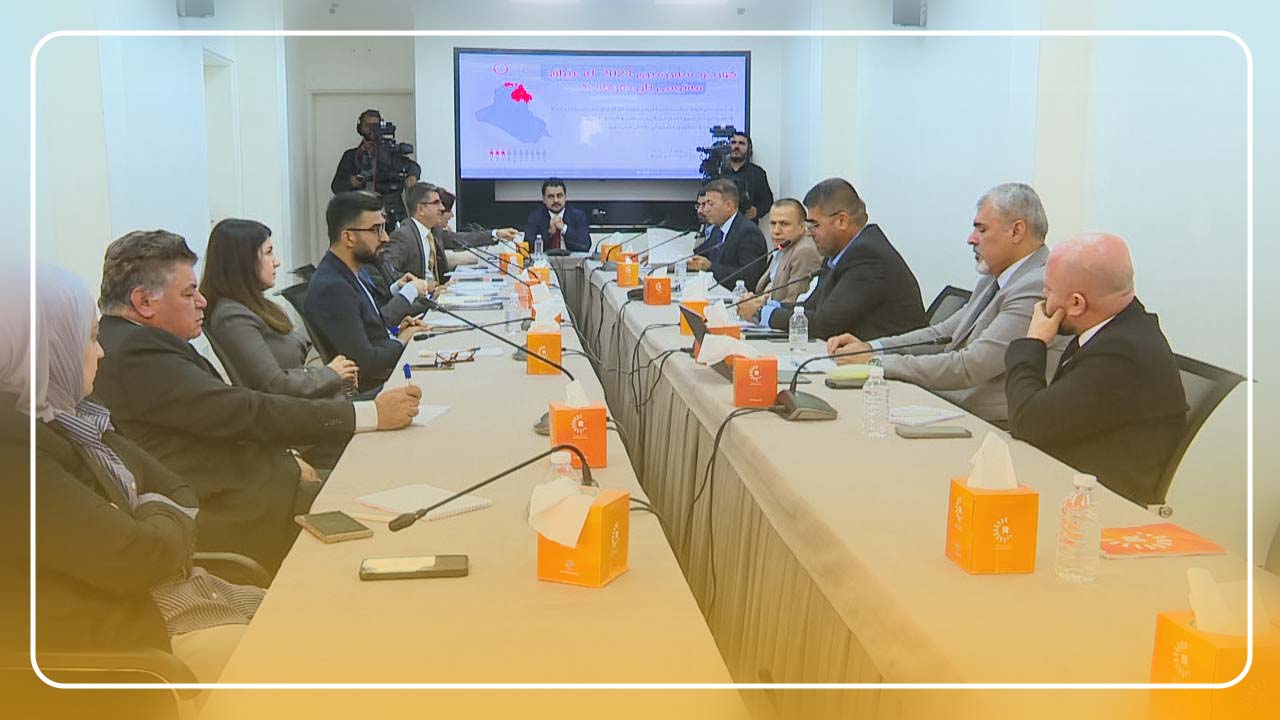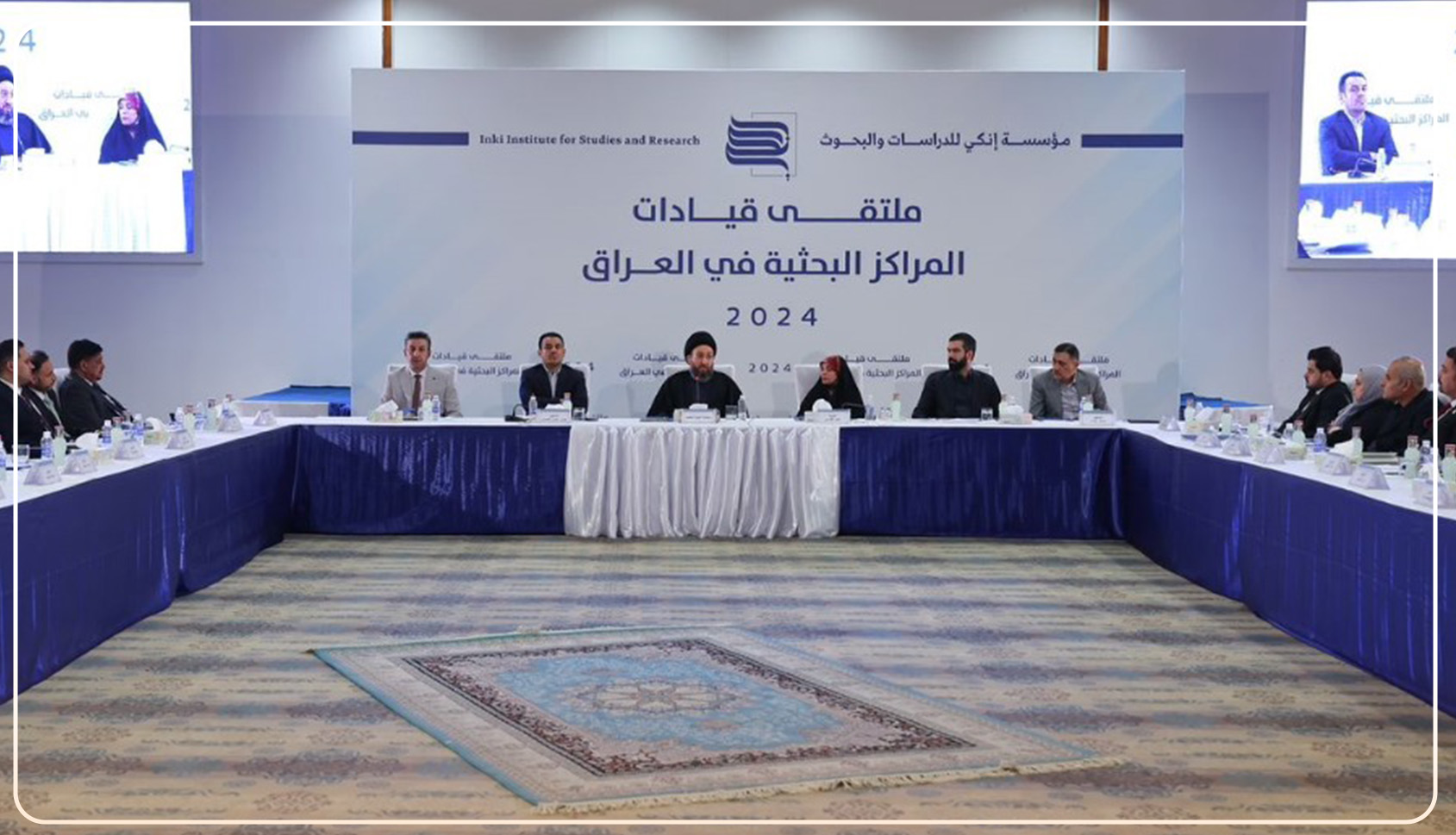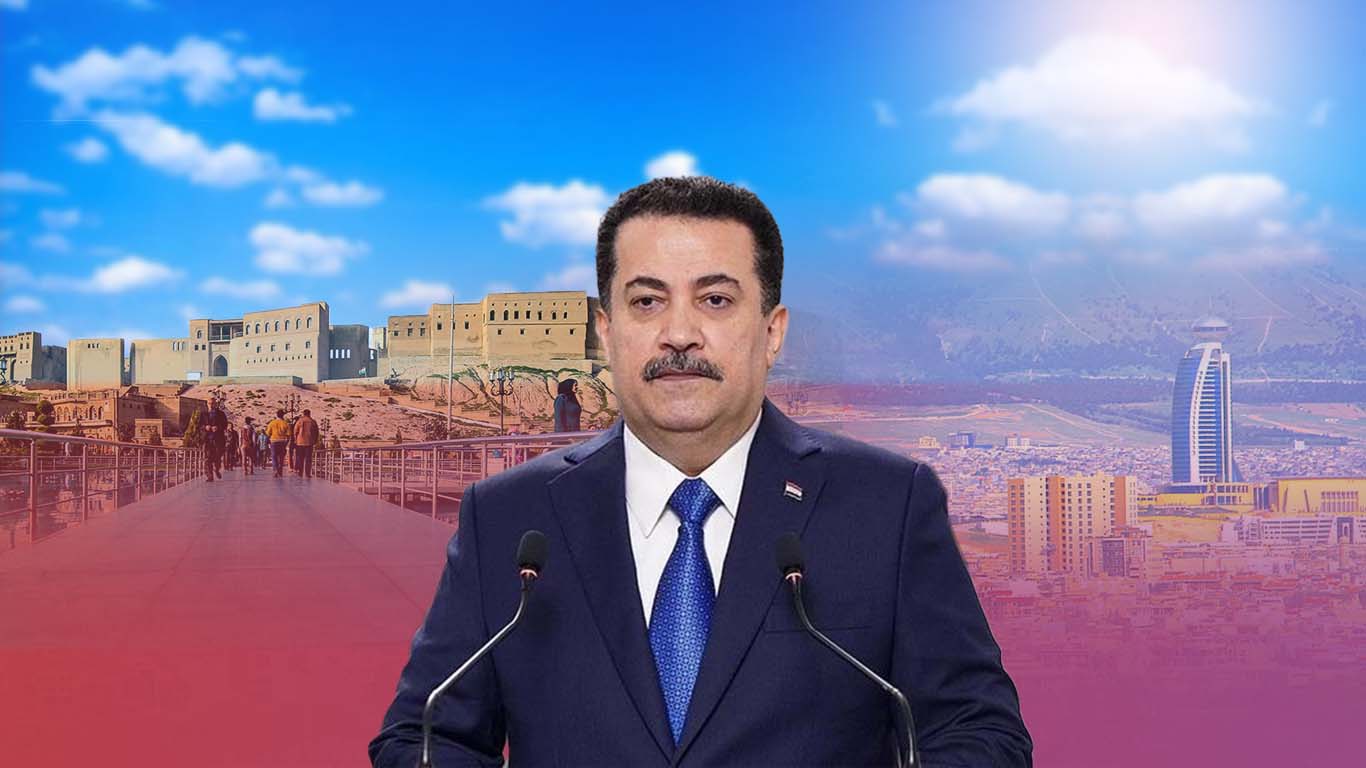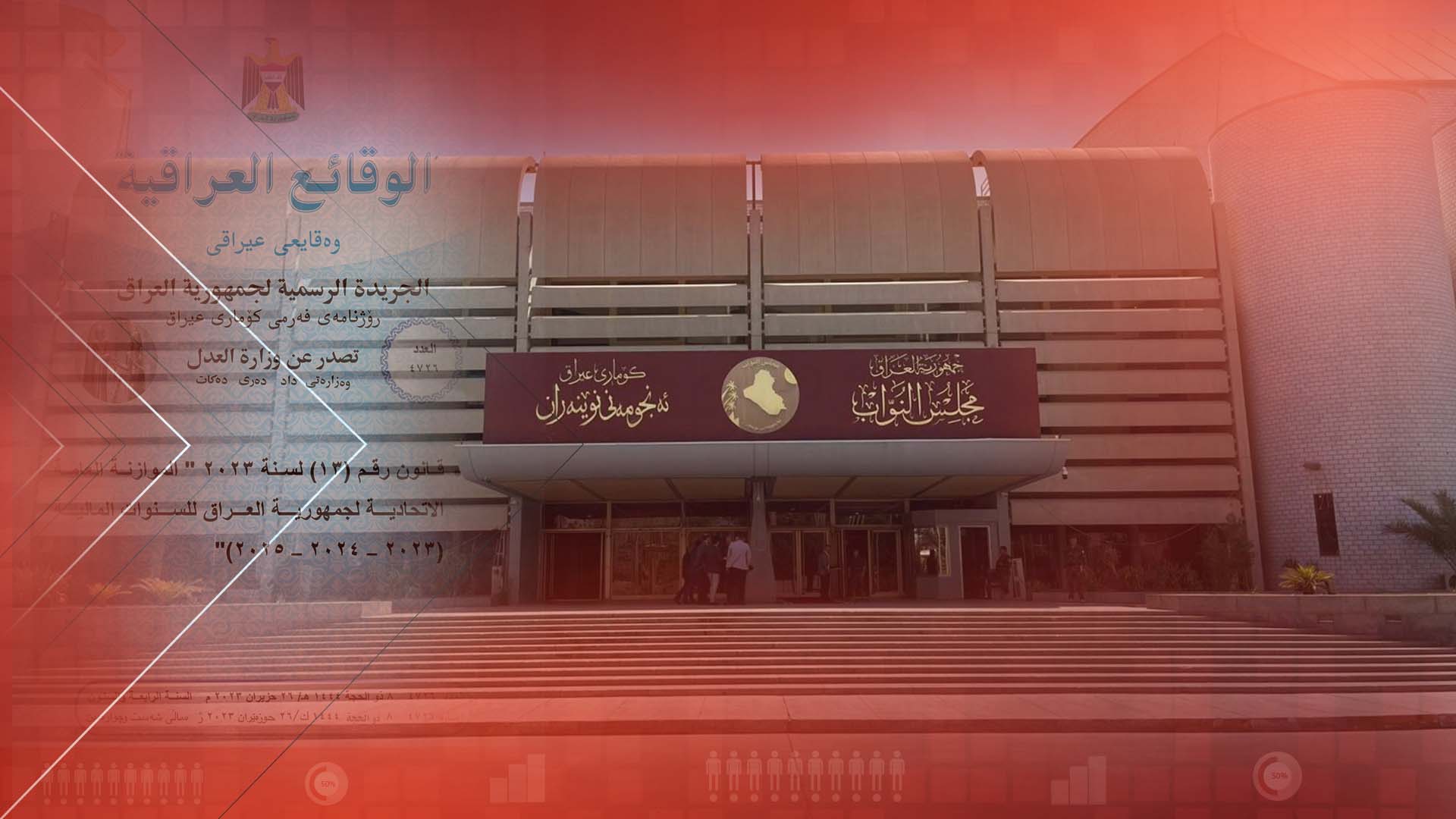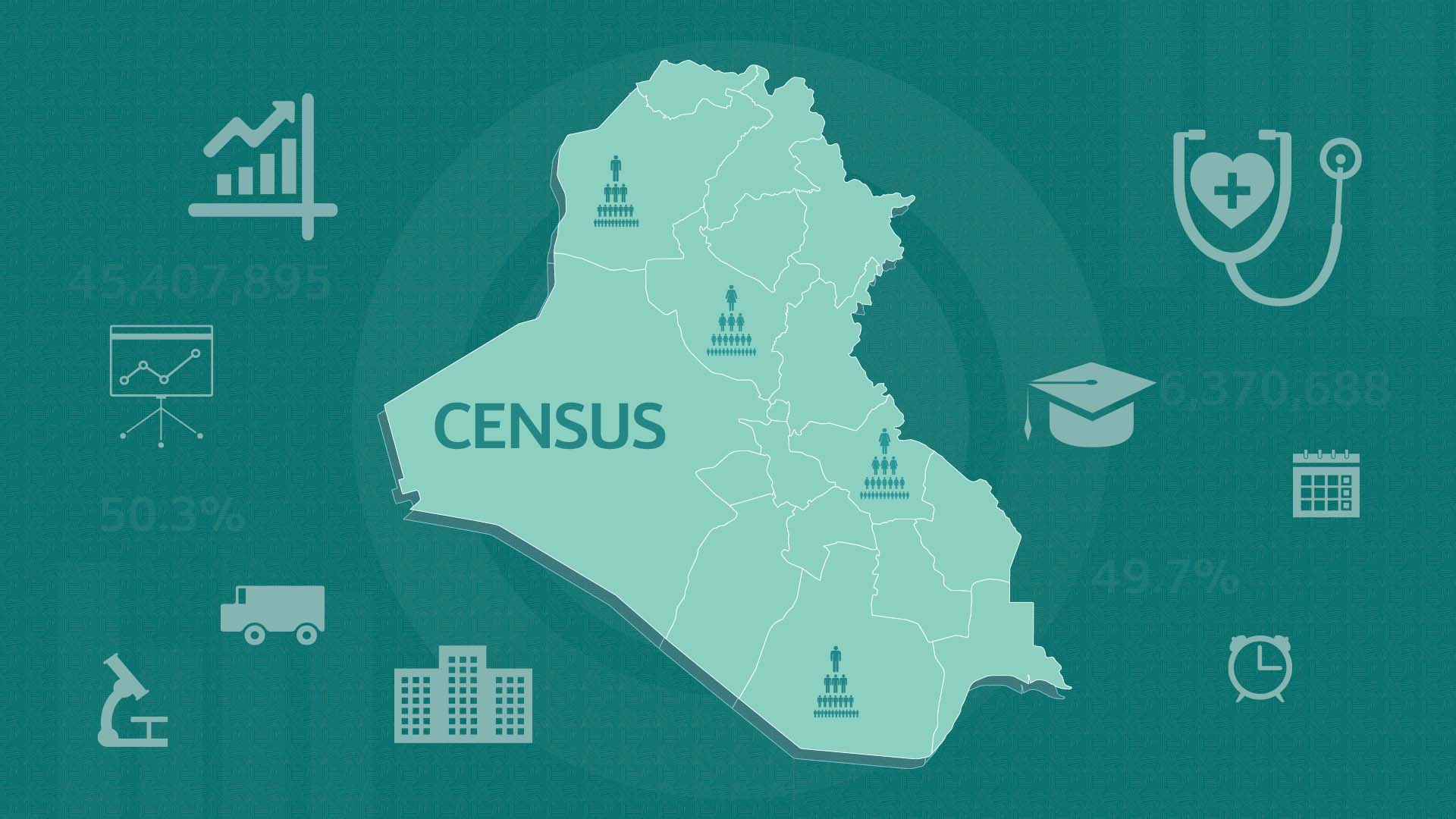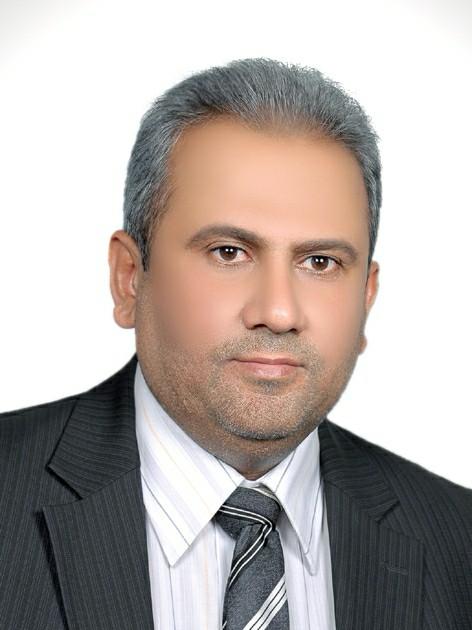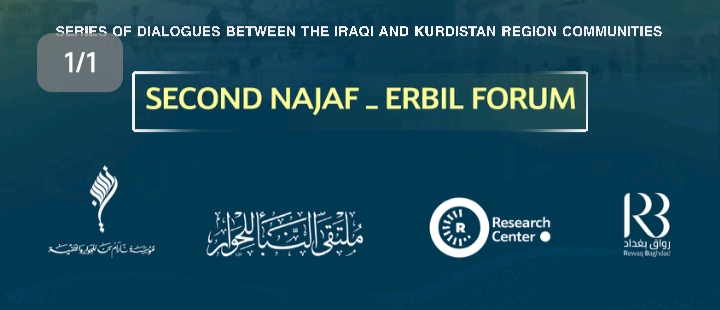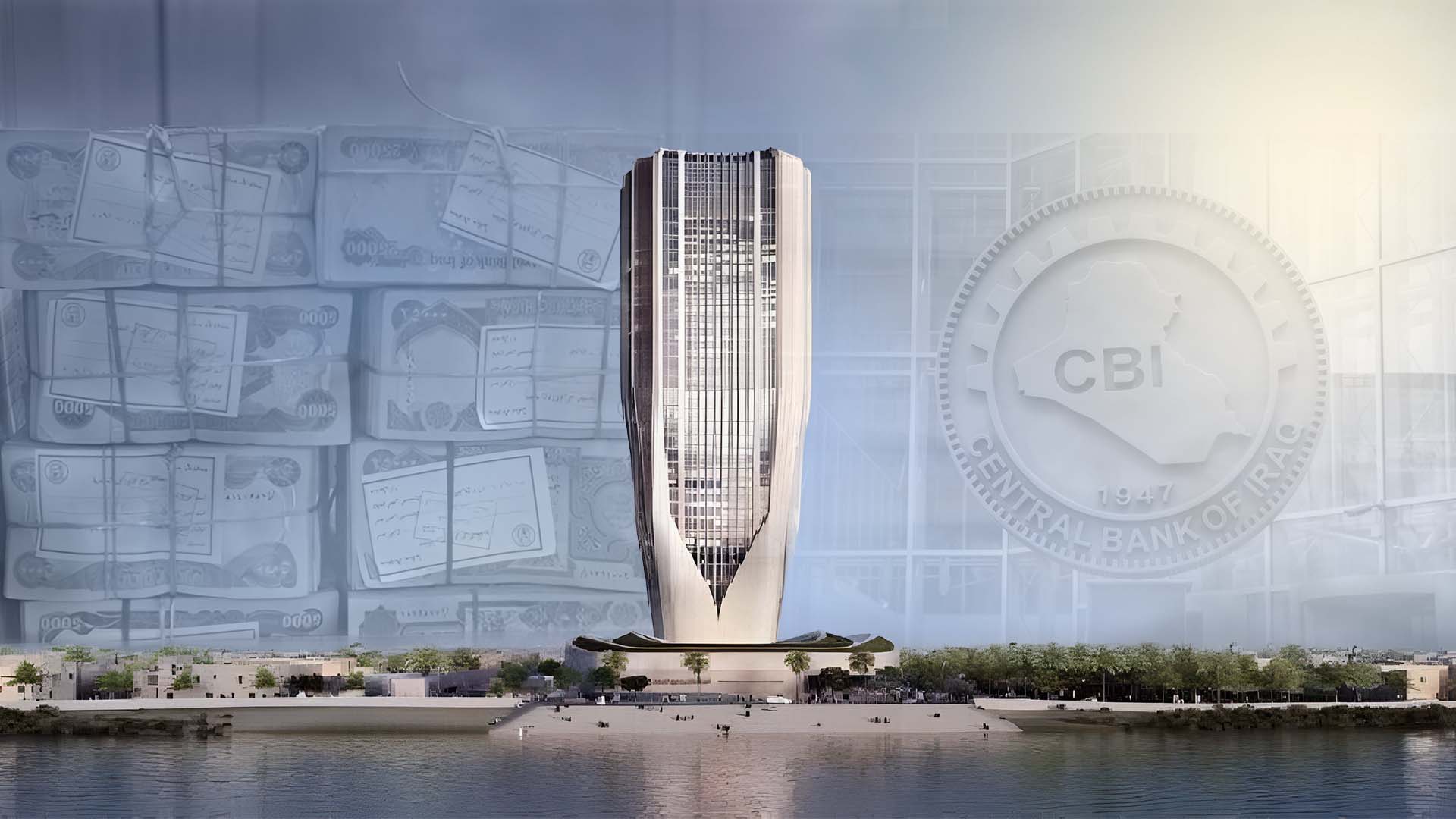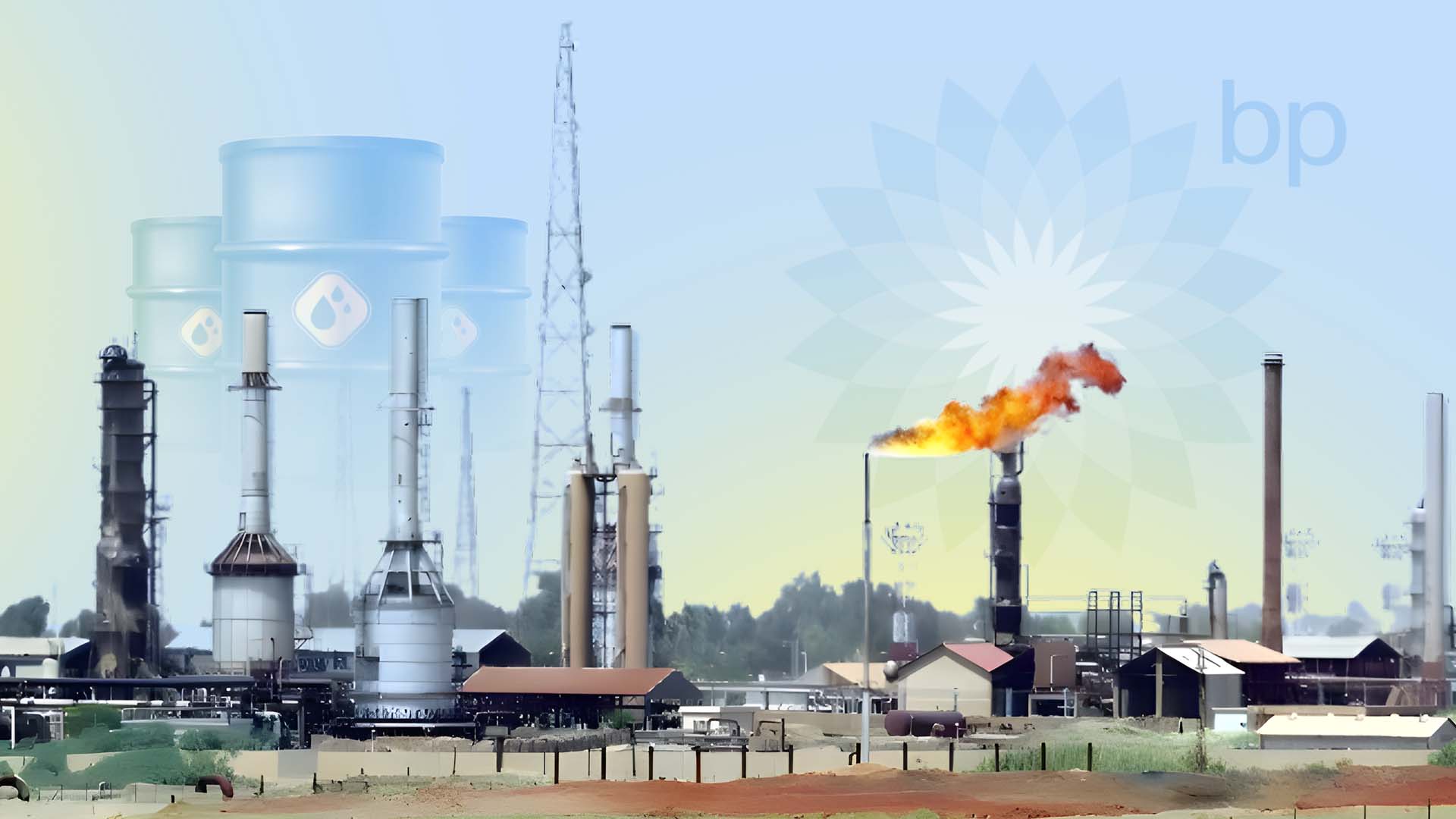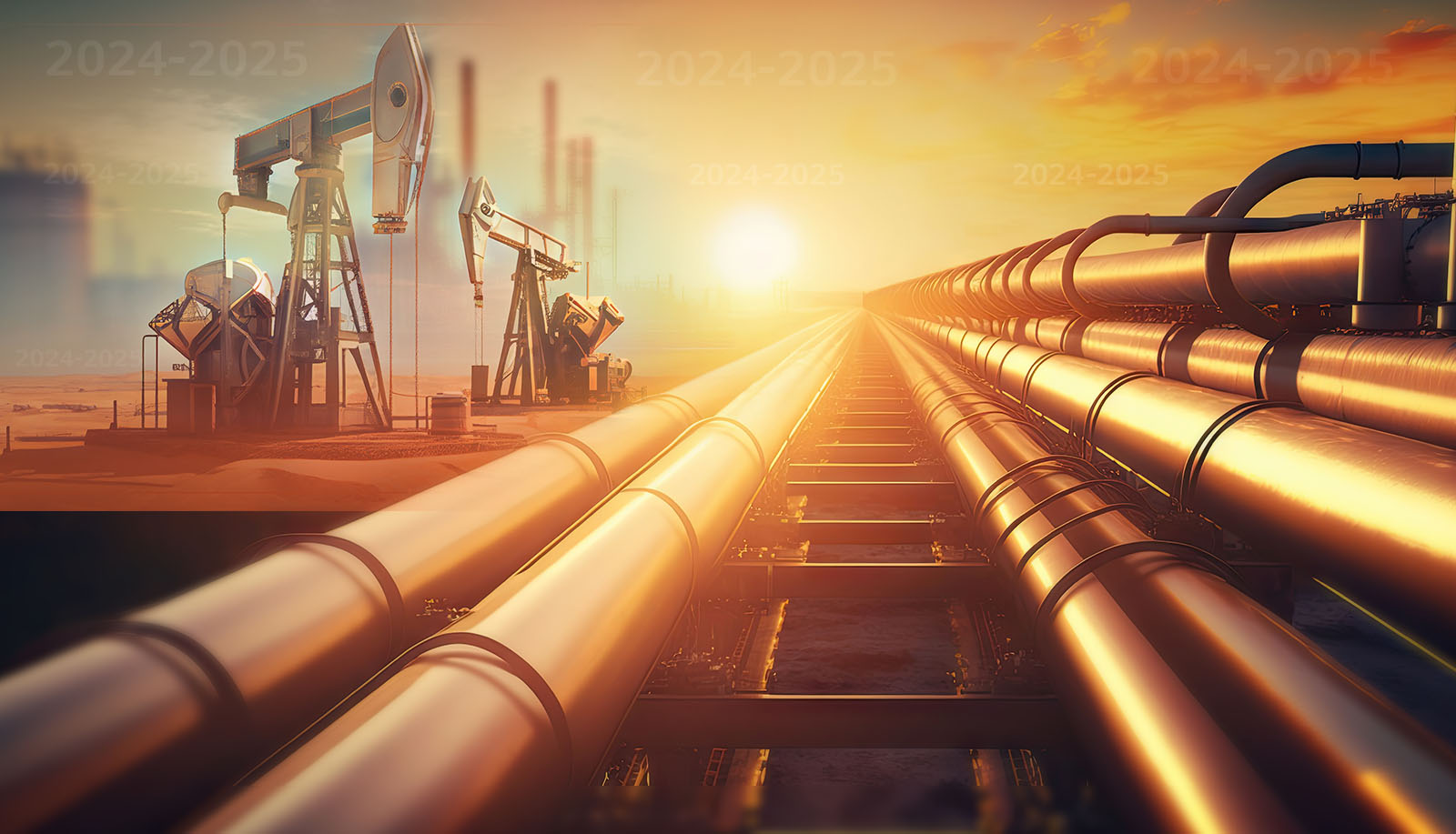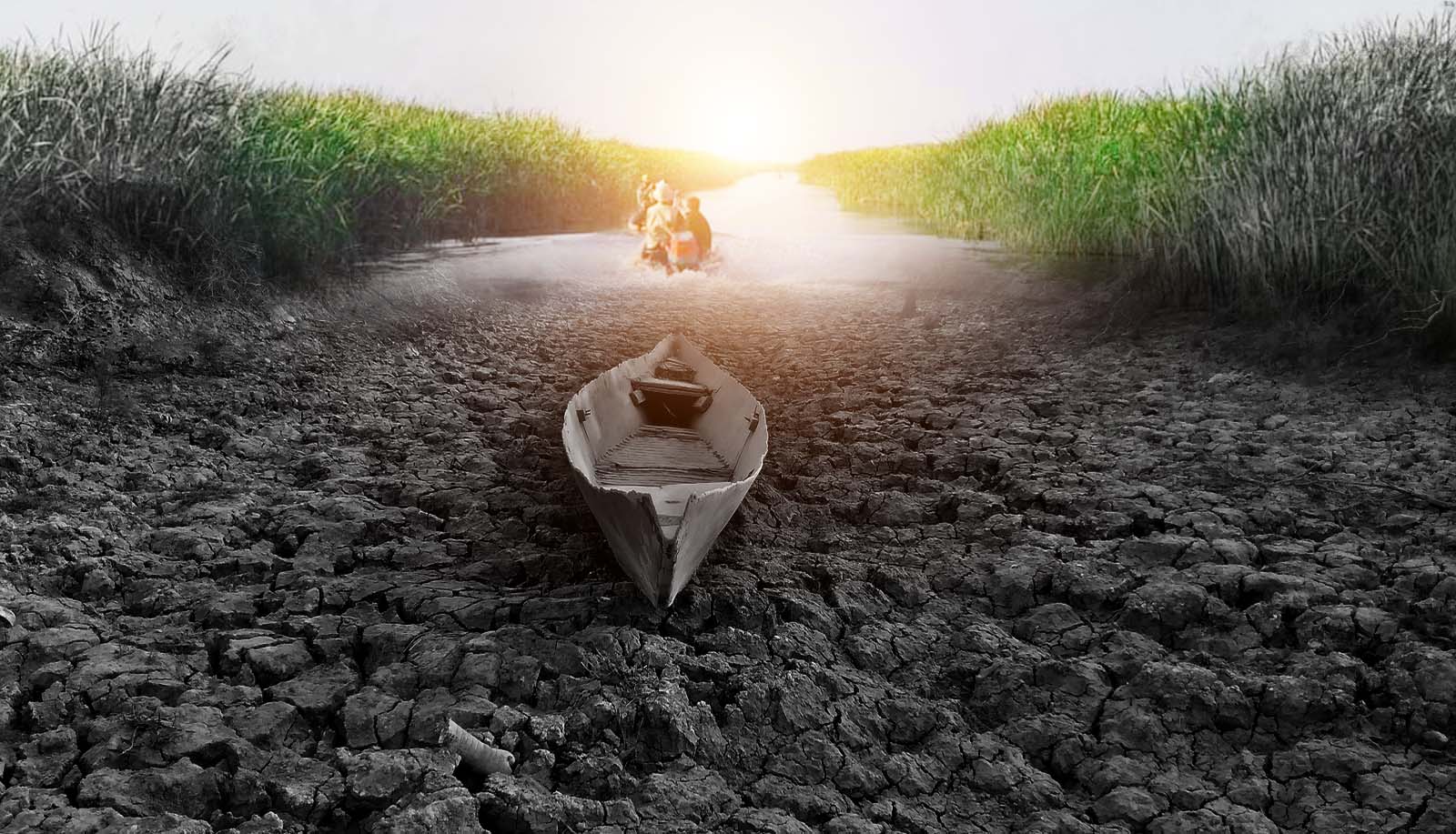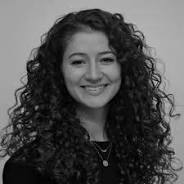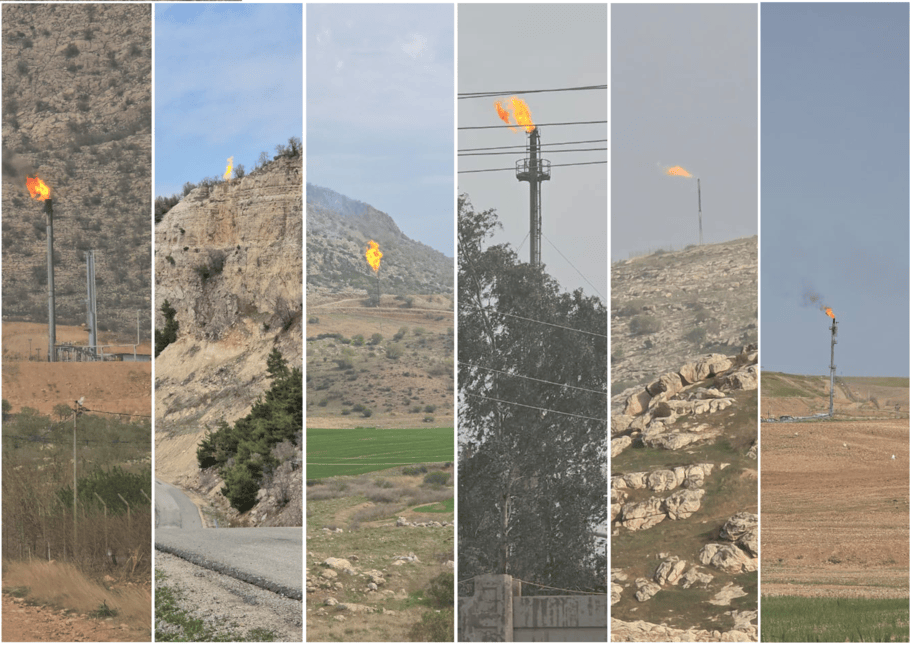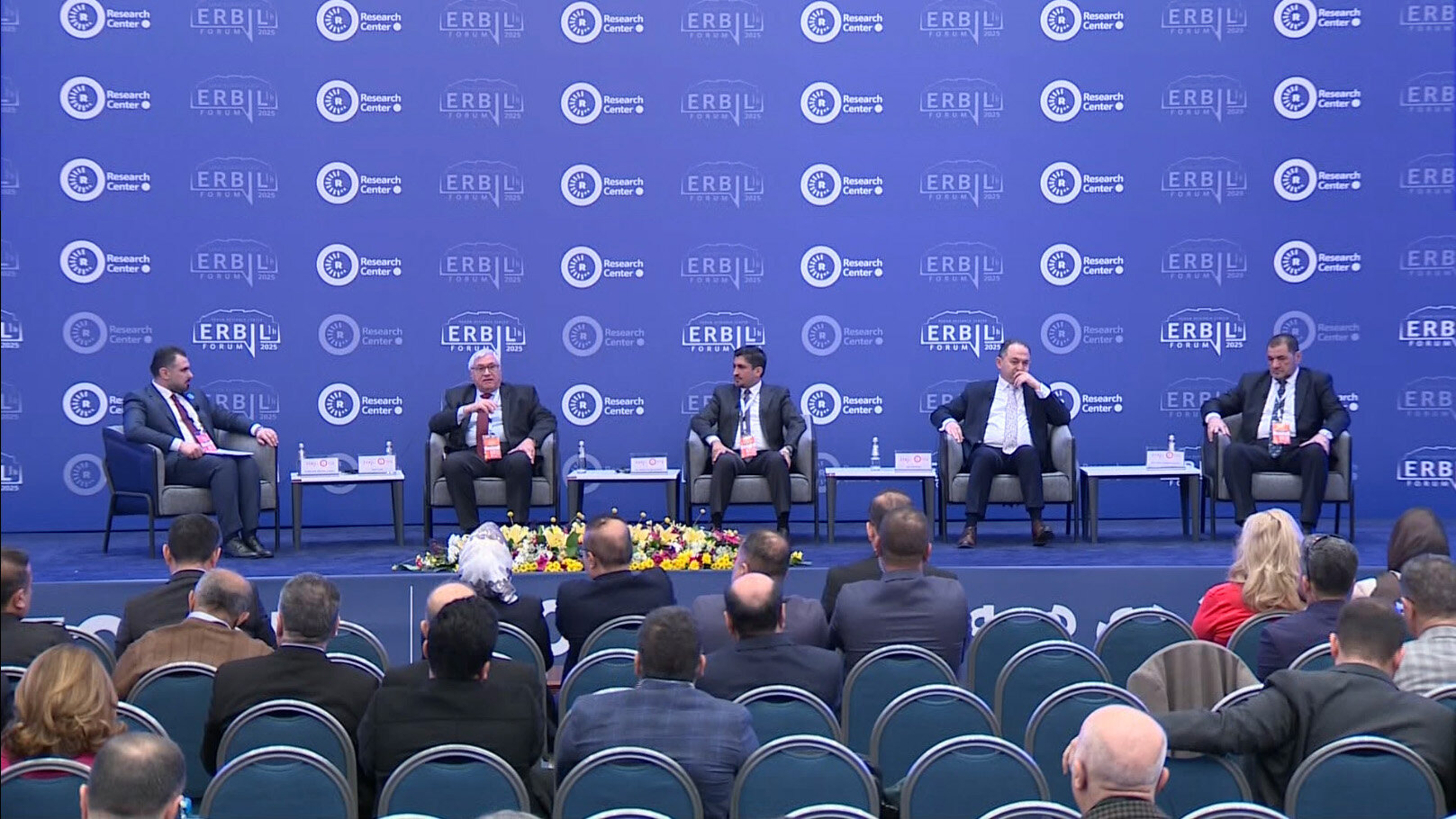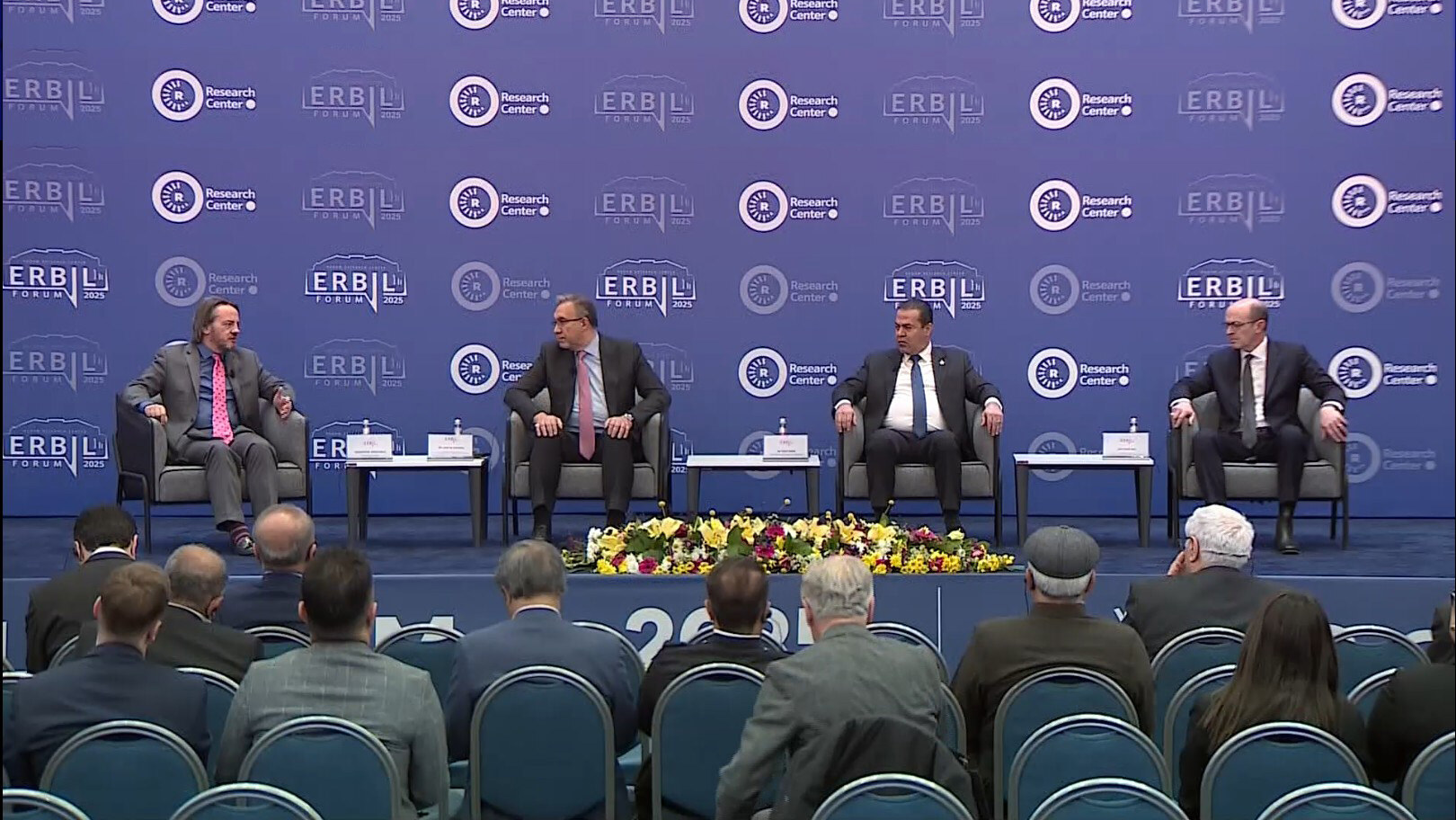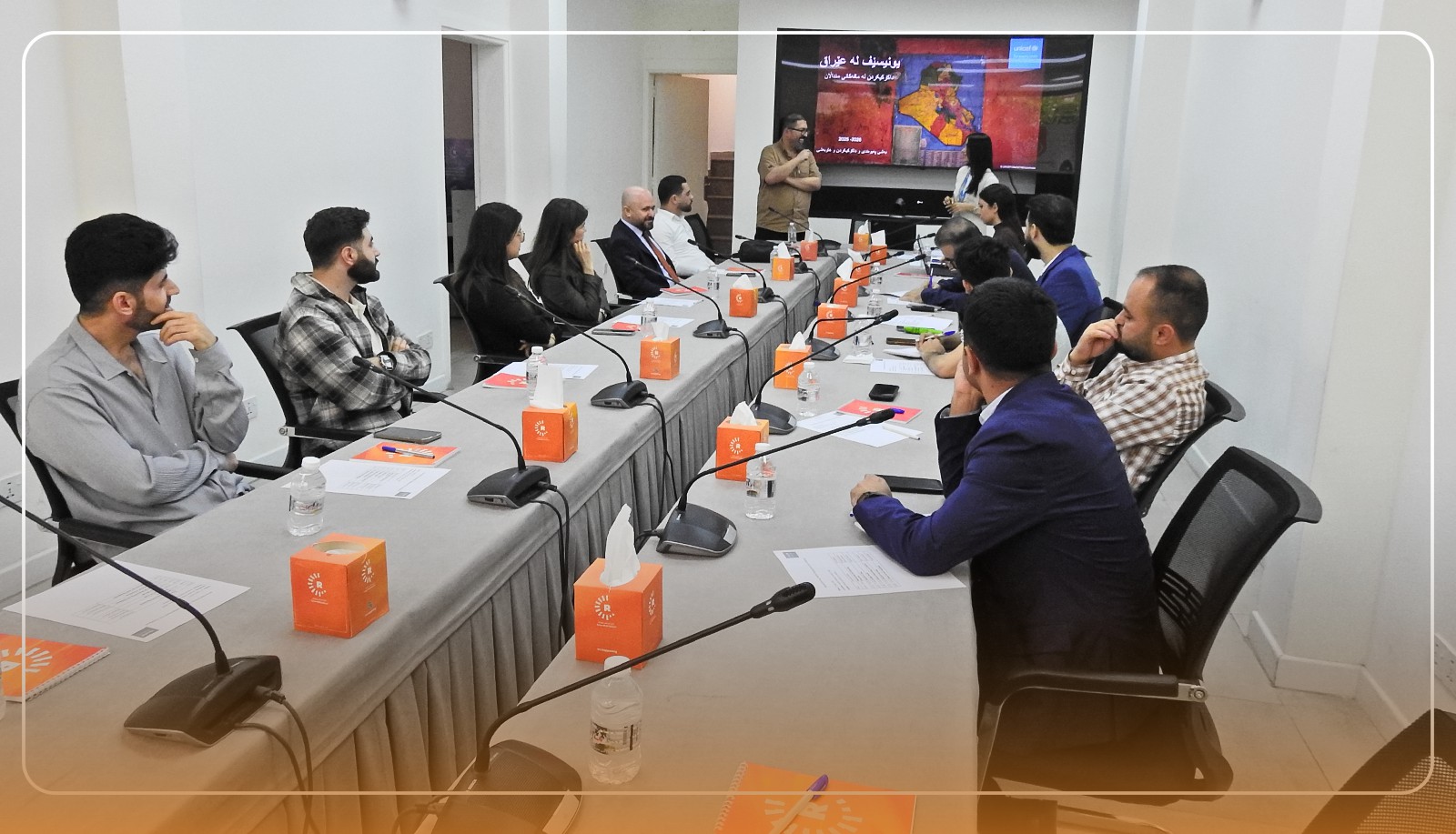There is daily talk in Iraq and the Kurdistan Region about projects costing millions of dollars, as foreign investors have shown their full readiness to invest in these projects. Still, in reality, these projects have nothing but names. Even projects that have already signed their contracts have not been yet constructed like the project of Faw Port, Total Energy Deal, building the headquarters of the Central Bank of Iraq, and also the Chinese project in the Kurdistan Region named “Happy City”.
The cost of producing a barrel of oil varies by country, field, and management model. For instance, it costs $24 per barrel in the United States and $21 in Norway. In Nigeria, recent contractual changes have increased production costs from $28.90 to $48 per barrel.
In 2023, according to Iraq’s revenue and expenditure report, 93% of the country’s total revenue emanated from oil, amounting to 125.8 trillion dinars. In contrast, non-oil revenue stood at just 9.7 trillion dinars, or 7% of the total, a sharp deviation from the budget’s initial projections for oil and non-oil revenues.
In fact, the reasons behind the fluctuations in the value of the dollar in Iraq, as we see these days, there may be other stories about the Iraqi dollar, in cash, going out to other countries, but not through the dollar markets in Erbil, Sulaymaniyah, Basra, and Baghdad because what is presented in cash and the central bank's figures is less than half the value of Iranian exports to Iraq, let alone the Iranian state through the market to get dollars.
On Monday, October 13, 2024, Kim Yoon Jae, the Deputy Ambassador of South Korea to Iraq, along with several colleagues, visited the Rudaw Research Center in Erbil.
In its annual report, "World Economic Outlook,"[1] the International Monetary Fund (IMF) projects a 4.1% GDP growth rate for Iraq in 2025. This forecast aligns with a stable global growth rate of 3.2% across 195 countries, although developing countries, including Iraq, are expected to experience a higher growth trajectory, from a low 0.1% to a notable 4.1%. Although this projection is optimistic, it raises an important question: what factors have led the IMF to foresee such growth for Iraq?
On Wednesday, November 6, 2024, the Rudaw Research Center hosted a roundtable discussion titled "The 2024 Census in Iraq: A Turning Point for Kurds – Risk or Opportunity?". The event brought together a diverse group of participants, including university professors, statistics and data experts, and representatives from political parties in Erbil.
Two critical questions arise from this situation. First, are the international oil companies operating in the Kurdistan Region willing to hand over the total oil production at the newly increased cost? Second, how can Iraq export oil from the Kurdistan Region when it is required to reduce both its overall exports and production to comply with OPEC Plus agreements?
On November 9, 2024, the Rudaw Research Center participated in the second meeting of directors of research centers across Iraq and the Kurdistan Region. The event, organized by the Anki Institute for Research in Baghdad, was attended by prominent figures, including Ammar al-Hakim, leader of the al-Hikmah Movement.
The Hidden Motive behind Mohammed Shia' al-Sudani's Visit to Erbil: Navigating the Uncertainty of 2025
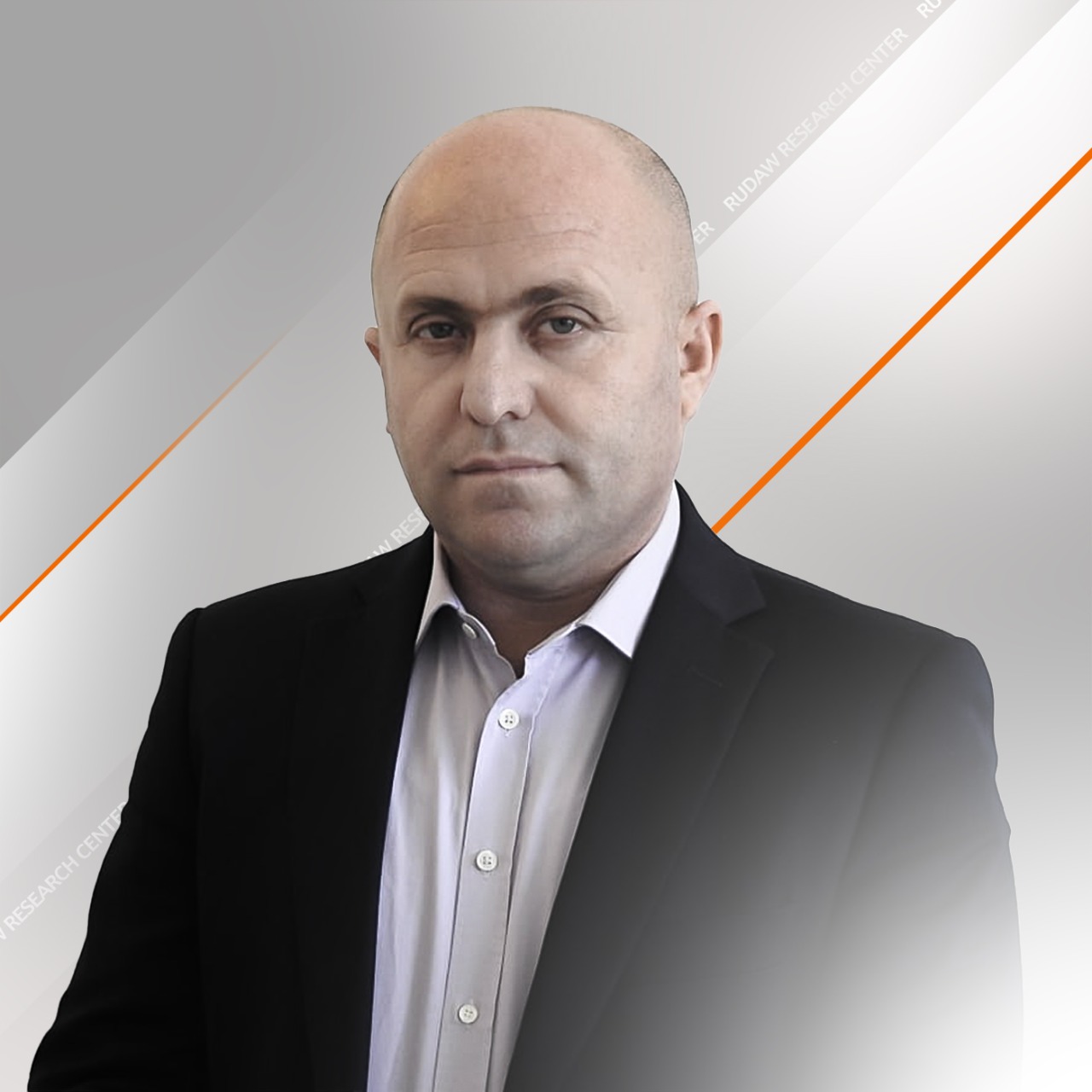
The agenda for Prime Minister Mohammed Shia' al-Sudani’s visit to the Kurdistan Region may ostensibly include discussions on oil disputes, government formation, the Development Road Project, and the upcoming census. However, the underlying motive appears to extend beyond these issues.
The three-year Iraqi budget provided a comprehensive framework for the country’s revenues and expenditures based on initial estimates. However, the recent census has corrected these estimates, revealing significant discrepancies. As the time approaches to amend and approve the 2025 budget tables, it is imperative to review expenditures, provincial allocations, the Kurdistan Regional Government (KRG) budget, and revenue projections.
The census in Iraq is not merely a statistical exercise; it carries significant political implications related to the distribution of power and wealth among communities. Conflicted areas, particularly between the central government and the Kurdistan Region, posed major challenges. Some questioned the impartiality of the process, while others suspected it was an attempt to alter the demographics of certain regions.
Series of Dialogues Between The Iraqi and Kurdistan Region Communities: Second Najaf-Erbil Forum

The Rudaw Research Center, in partnership with the Al-Nabaa Forum for Dialogue, the Naram Sin Foundation for Dialogue, and the Rewaq Baghdad Center, hosted the second Najaf-Erbil Forum in Najaf. The forum was titled “A Series of Dialogues Between the Iraqi and Kurdistan Region Communities.”
The amount of money sold, domestically and internationally, by the Central Bank in dollars this year has exceeded $62 billion, resulting in the receipt of dinars in equivalent proportion, averaging approximately 80.6 trillion dinars for the year. Non-oil revenues generated from taxes, fees, and customs by the end of October 2024 amounted to 14.3 trillion dinars. Combined, these revenues total around 95 trillion dinars. However, by the end of October, Iraq's total expenditures had reached 122 trillion dinars. With two months of expenditures still unaccounted for, it is evident that the dinar reserves derived from oil-based dollar revenues have been exhausted.
Beyond the importance of the disputes between Erbil and Baghdad on this issue, there are two other important questions: Iraq's perspective on energy issues (oil and gas), and the importance of Kirkuk's oil reserves and BP's continuous efforts to invest in Kirkuk's oil fields during the era of net zero and transition to renewable energy
Review of the Kurdistan Region Oil Production in 2024 and the obstacles to its export in 2025
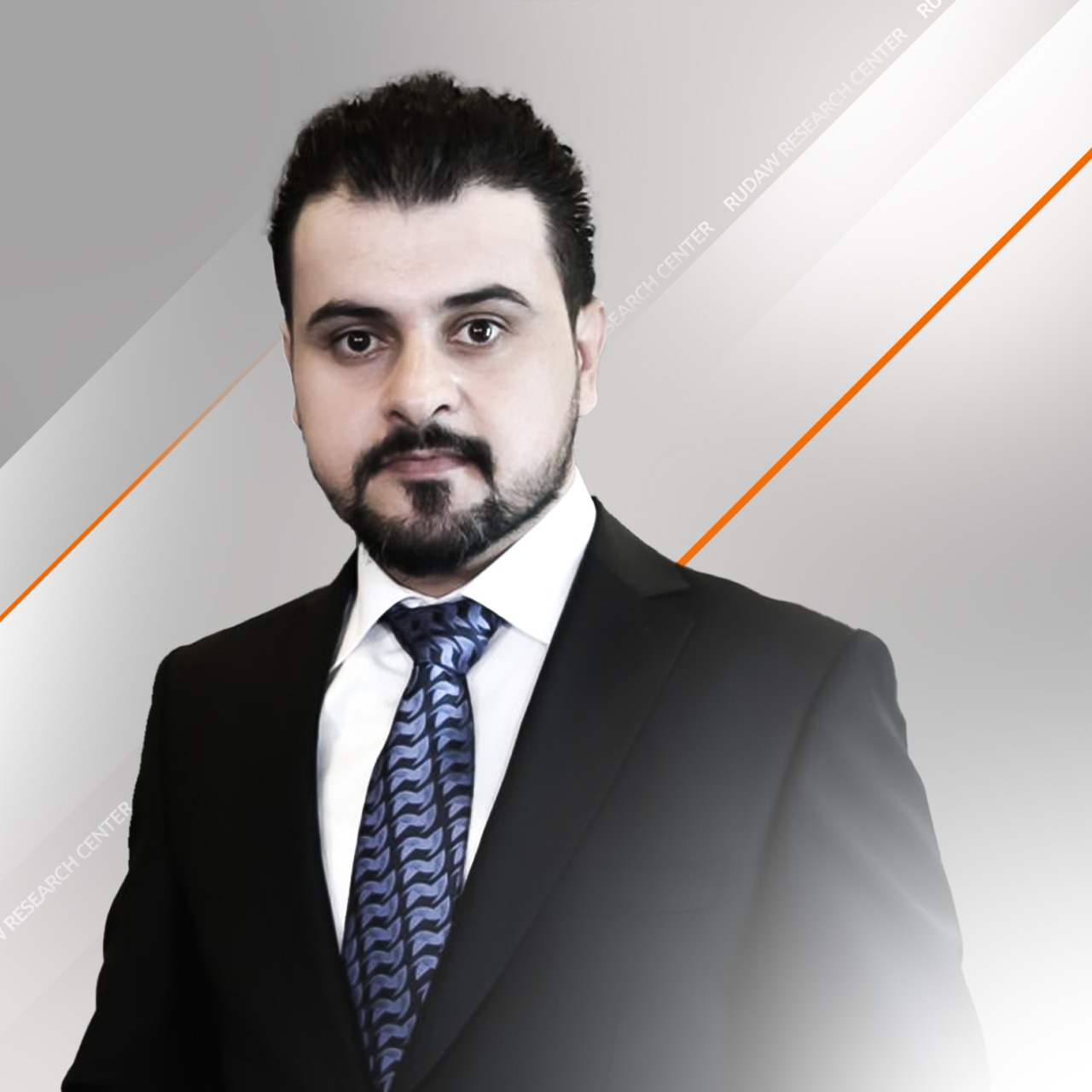
All eyes were on the tripartite meeting in Baghdad that took place last week between international oil companies (IOC) and officials from Erbil and Baghdad, which ended without results. This comes after Baghdad had previously announced that the resumption of Kurdistan Region oil exports via pipeline would happen in the coming hours. This did not happen because the international oil companies that have invested in the Kurdistan Region and produce approximately two-thirds of the total Kurdistan Region oil are not willing to put oil into the pipeline under the current terms agreed upon between Baghdad and Erbil.
Today, water scarcity, extreme temperatures, and desertification threaten an astonishing percent of Iraq’s agricultural land, resulting in increasing rates of crop failures. In a 2023 study by the Norwegian Refugee Council, 60 percent of farmers interviewed said they cultivated less land or had to use less water due to extreme drought. In 2023, Iraq reported a decline in the harvest of 8 out of the top 10 crops, including vegetables and legumes.
Gas Flaring: A Field-by-Field and Province-by-Province Analysis in Iraq and the Kurdistan Region

In 2023, 214 oil production fields and oil refinery locations were identified in Iraq and the Kurdistan Region that had high temperature and carbon dioxide emission density levels, which was a result of the burning of associated gas from these locations. During field visits to these sites located in the governorates of the Kurdistan Region, it was observed that the amounts reported in the data reflected the intensity and density of the flames from the pipes that were installed for burning the gas.
First, we believe that the political system is facing a fundamental crisis. This issue is different from the urgent economic, social, and political problems; the fundamental problem lies in the very structure of the new political system and the political process, which are built on sectarianism and ethnicity.
The energy sector in Iraq and the Kurdistan Region has undergone significant changes and challenges over the past few years, but there has also been progress. Recently, there has been optimism surrounding the resumption of oil exports from the Kurdistan Region through Turkey, the increase in Iraq’s natural gas production, and the broader development of the energy sector, including refining, renewable energy, and other areas.
At the beginning of the seminar, the organization provided a brief overview of UNICEF's origins and history in the world and in Iraq, then highlighted the organization's goals and activities. Throughout the seminar, UNICEF emphasized the importance of children's rights and the necessary measures and requirements that reporters and media professionals should observe when dealing with or interviewing children.

